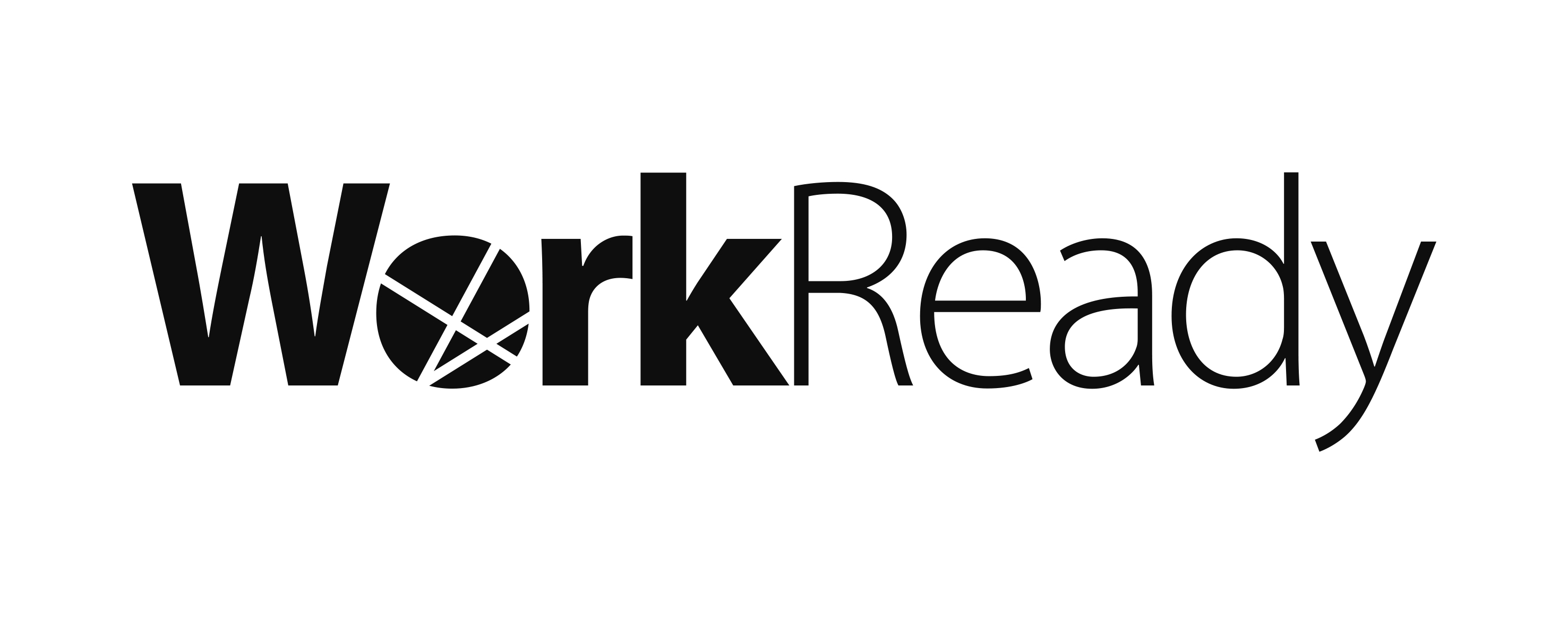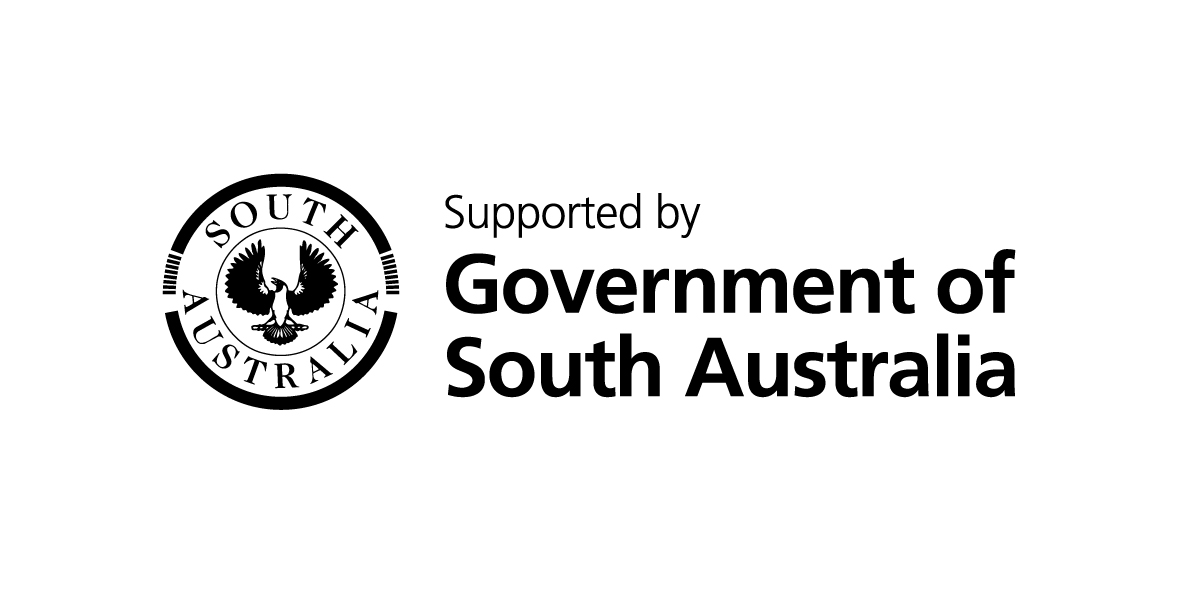The enrolment process in the ACT to become an Australian Apprentice (AA), also known as a trainee, involves a number of steps which must be completed.
1. Student Eligibility
Australian Early Childhood College must ensure that prospective students meet the eligibility criteria before finalising enrolment.
To be eligible for an ACT training contract the Australian Apprentice (AA) must:
- be an Australian citizen, permanent resident, or New Zealand passport holder resident for more than six (6) months or
- be a visa holder with the rights to engage in work in Australia and
- be at least 15 years of age and
- receive remuneration for their work and
- be a permanent part-time or full-time employee working for an ACT employer with an ACT worksite address, and must work at least 15 hours per week, and
- undertake an approved Australian Apprenticeship qualification with an approved RTO, as specified on the ACT Qualifications Register.
In addition to the above, to be eligible for an ACT training contract an Australian School-based Apprentice (ASBA) must:
- be enrolled in a school under the relevant Education Act
- have the ASBA endorsed by the school Principal or delegate
- combine part-time work with an employer and structured industry-approved training whilst attending school and must work 12 hours per week
- continue employment and then on/off-the-job training throughout the year including school holidays.
2. Fees and Charges
Australian Early Childhood College must ensure all fees and charges related to the provision of training services are outlined to all parties prior to enrolment. We ensure that we provide information that is clear, accurate and sufficient to enable an informed choice. Fee information for ACT students can be found below, and students are encouraged to contact Australian Early Childhood College for information about fees also:
3. Initial Skills Assessment
Australian Early Childhood College conducts an initial skills assessment comprising of an assessment of Language, Literacy and Numeracy (LLN) skills to ascertain that the proposed training program is appropriate for the student. This is usually done through an initial interview over the phone, but may be carried out face-to-face during an enrolment visit.
4. Recognition
Where a student has extensive workplace experience or has undertaken prior studies in a field related to the current training program they may also be eligible for Recognition of Prior Learning (RPL) or credit transfer. All students are able to apply for RPL - please see our RPL and Credit Transfer page and our ![]() student RPL guide275.36 KB for more information. To be eligible for RPL you need to provide evidence of your skills and knowledge, which can include (but is not limited to):
student RPL guide275.36 KB for more information. To be eligible for RPL you need to provide evidence of your skills and knowledge, which can include (but is not limited to):
- a resume
- a current job description
- copies of training certificates/transcripts
- third party references such as a performance appraisal
- reports and other documents you have developed at work
- confirmation of knowledge through oral assessment interviews
- confirmation of skills through interviewing students' supervisors and managers
For Credit Transfer you will need to provide certified copies of certificates AND a transcript which details the units you previously studied.
5. Training Plan
Information on training and assessment is to be documented in a training plan for all students. The training plan must be developed by the RTO and agreed with the student and employer. The training plan must be consistent with the qualifications or competencies to be attained, consistent with the proposed delivery and assessment strategies, customised as required, for the needs of the employer and the student, and signed and dated by relevant parties.
6. ACT Trainee Enrolment Form
All ACT trainees are required to complete an ACT Trainee Enrolment Form. Australian Early Childhood College collects your personal information for the purposes of training, assessment, reporting, administration and evaluation of the program you are involved in. Your information, progress and results will be reported to the ACT State Training Authority - Education and Training Directorate who are responsible for funding. This information will be held securely and is governed by the Information Privacy Act 2014.
7. Training and Assessment Program Begins
Once the steps above have been completed the student is ready to begin their training and assessment. Upon meeting eligibility and initial skills assessment requirements students are provided with orientation information and their first training and assessment materials this can be via email, visit or phone, or a combination of any of these three methods. This usually includes (but is not limited to) the following:
- Requirements for Written Assessments
- Cover Sheet
- Australian Early Childhood College contact details and how to contact the office
- A course outline for the qualification being undertaken
- Training information and assessment instructions for the first unit or cluster
It is very important that students carefully read all the information they have been given when they begin their course as your trainer will assume you have read and familiarised yourself with the above documents and processes.



